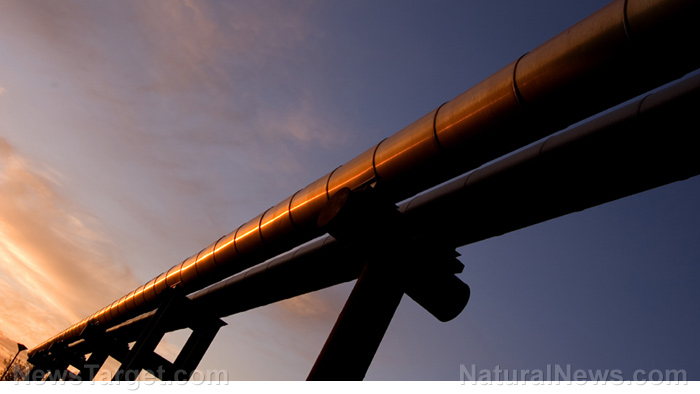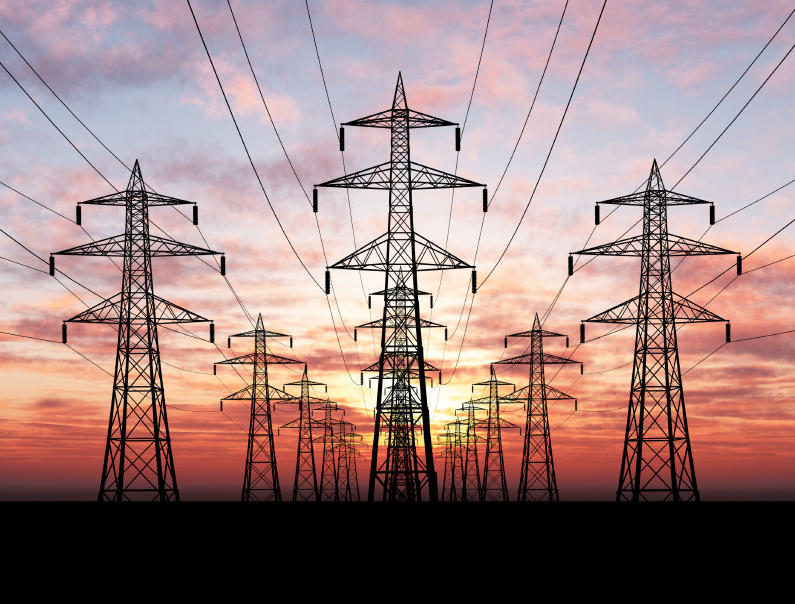Drought causes large parts of Yangtze River to dry up, reducing hydropower generation and causing shipping delays
08/29/2022 / By Arsenio Toledo

Record-breaking drought in China is causing large parts of the Yangtze River to dry up, affecting the country’s ability to generate enough hydroelectricity, halting shipping through the river and forcing many major companies to suspend operations.
The Yangtze is the world’s third largest river. It provides drinking water to more than 400 million people and is also a crucial waterway for the global supply chain. This summer’s heatwave has caused the river’s water levels to reach record lows, with dozens of its tributaries drying up. Water flows through the main trunk of the Yangtze have fallen below 50 percent of the average over the last five years, and vast sections of the river are also drying up.
The Chinese Communist Party (CCP) has issued a nationwide drought alert as the country’s heavily populated southwestern region is expected to suffer the most due to the severe heatwave, which is expected to continue well into September.
In the province of Sichuan, which has a population of nearly 84 million, the loss of strong water flow is preventing the country’s extensive hydroelectric power generation system from producing enough energy. The province gets more than 80 percent of its power from hydroelectric sources. (Related: Severe drought dries up China’s Yangtze River, causing energy shortages and shipping delays.)
On Sunday, Aug. 21, Sichuan’s provincial government declared that the province is dealing with a “particularly severe” emergency, as water flow to Sichuan’s hydropower reservoirs has dropped by around 50 percent. Local media are also reporting that demand for electricity has increased by 25 percent as the heatwave gets worse.
The loss in hydroelectric power generation has also affected the province of Hubei, which lies downstream from Sichuan.
So far, the drought has severely affected 2.46 million people and over 5.43 million acres of agricultural land in six provinces in southern and central China. The government has had to provide direct support to nearly 800,000 people due to the drought. The drought has also caused the CCP direct economic losses of over 2.73 billion yuan ($397.28 million).
CCP blames climate change for China drought
The CCP is scrambling to provide enough water and energy to the regions affected by the drought, especially areas that farm a lot of water-intensive crops, including staples like rice and soy.
On Aug. 21, authorities discharged over 980 million cubic meters of water from reservoirs in an effort to replenish the parts of the river that have dried up. The communist authorities have noted that it is essential for the river to keep flowing as shipping routes in many parts of the river have closed.
CCP officials have repeatedly attributed the drought and heatwave to the so-called climate change. Chen Lijuan, chief weather forecaster for the Beijing Climate Center, the country’s national climate observation agency, described the combined heatwave and drought as a “pressure cooker.”
“We have to face the fact that similar heatwaves will occur frequently in the future,” said Chen. “It will become a new normal.”
But even as CCP officials blame climate change, the immediate impact of the drought on electricity supplies has pressured Beijing to amend its climate change commitments. Vice Premier Han Zheng recently announced that the government would step up the support it provides for coal-fired power production.
Learn more about the global drought at Disaster.news.
Watch this clip from the Guardian showing how large swathes of the Yangtze are drying up.
This video is from the High Hopes channel on Brighteon.com.
More related stories:
Heatwaves and drought threaten autumn crops in China.
Power grid collapse looms: Drought forcing drastic cuts in hydroelectric power generation.
HALF of Germany’s 2022 harvest expected to fail due to drought.
Sources include:
Submit a correction >>
Tagged Under:
CCP, chaos, China, clean water, Climate, Collapse, disaster, drought, electricity, energy crisis, energy supply, environment, heatwave, hydroelectric power, panic, power, power grid, rationing, scarcity, shipping, supply chain, water supply, weather, Yangtze River
This article may contain statements that reflect the opinion of the author
RECENT NEWS & ARTICLES
COPYRIGHT © 2017 POWER NEWS

















